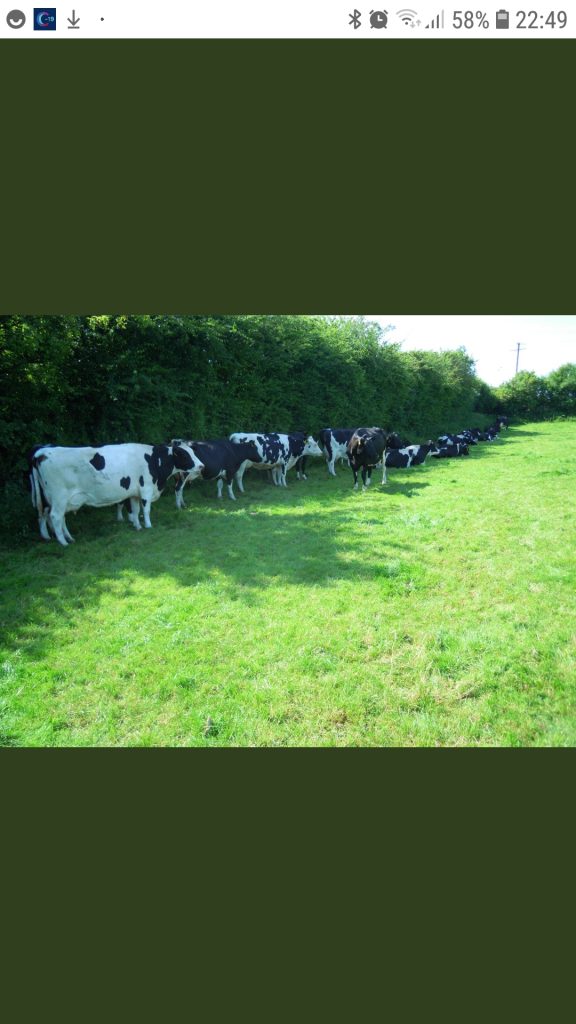Milborne Port Climate and Nature Action group
Tackling the cost of living…
Here are two really good web-sites that may or may not be helpful with options and information in the struggle with soaring fuel bills and/ or saving energy for the climate:
https://www.bbc.co.uk/food/articles/energy_saving_tips – provides many tips and also comparisons of the energy used in the kitchen, for example in cooking different ways (best to worst: microwave, induction hob, electric hob, oven; slow cookers are good energy savers too).
https://www.moneysavingexpert.com/utilities/heat-the-human-not-the-home-save-energy/ Heating the human not the house can save a lot of money; for next winter, as well as clothing tips, the web-site provides information including both initial and running costs per hour/week of reusable handwarmers, hot water bottles, electric blankets and heat pads, and (more expensive to buy but cheaper to run) electric gilets, which can all help save money and fuel.
Spring is free to enjoy!
We’re lucky to have East Hill (below the bend in Wheathill Lane) with its variety and succession of wild flowers and butterflies through spring and summer on our doorstep. And the fabulous Butterfly Conservation reserve, Alners Gorse, between Kings Stag and Hazelbury Bryan is within a fit cyclist’s reach. The nightingales will still be singing when this magazine reaches you. If you’d like to take part in conservation tasks in Somerset and Dorset, take a look at the eucan.org.uk web-site. They’re a really cheerful bunch and the tasks make a worthwhile day/ half day out.
At the time of writing, there is no sign of Swallows and House Martins having returned to breed. They will have a late start. Every garden that has a wildlife area, however small, perhaps with No Mow May, Let It Bloom June, will have wild flowers that help support those extra insects which may make all the difference to the future of all our much-loved summer visitors.
Have you seen the Climate Game? Get to lead the world! https://ig.ft.com/climate-game/
It’s fun, hopeful and informative.
